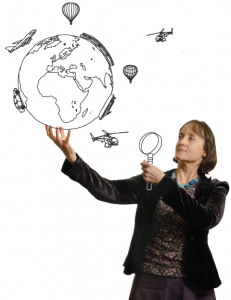 Energy makes everything happen. Without electricity and other fuels, the economy wouldn’t produce goods and services, freight and people would stay in one place, and homes would be cold and dark.
Energy makes everything happen. Without electricity and other fuels, the economy wouldn’t produce goods and services, freight and people would stay in one place, and homes would be cold and dark.
Energy is a big part of the cost of running a house, a business, and a vehicle. Some households spend over 10% of their income on energy. But energy is invisible, so its easy to waste it without realising. And some people cut back on using energy to save costs, and their health suffers.
Using energy also brings its own problems. Climate change is largely the result of the world’s high levels of using fossil fuels (like coal, diesel and petrol), And tiny particles from burning these fuels can create smog and lung disease. But if we cut back on fossil fuels, what else can we do?
We can be more efficient with the energy that we do use. We can make sure that any energy we use is not wasted, for example by insulating buildings. We can avoid spending on fuels by walking or cycling. We can generate more renewable electricity and low-carbon fuels like biofuels. We can adopt new technologies, like electric vehicles or solar photovoltaics. Over time, we will need to do all of these things and more.
Above all, what is involved is a change in energy culture (click here for Energy Cultures Framework video). That is, changing the way we think about energy, the sorts of technologies we use, and our everyday practices. The Energy Cultures research programme is investigating better ways to support changes in energy cultures in New Zealand’s households, transport and businesses.
The result we’re after is a more productive economy, a healthier environment, and warmer homes.
Janet Stephenson

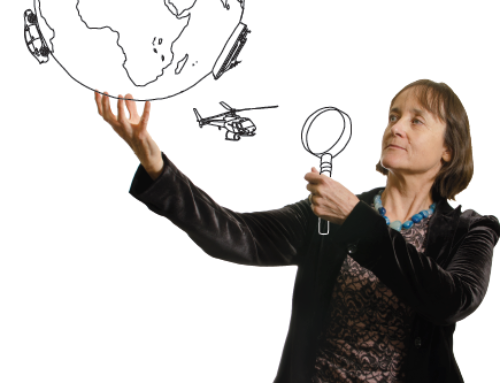
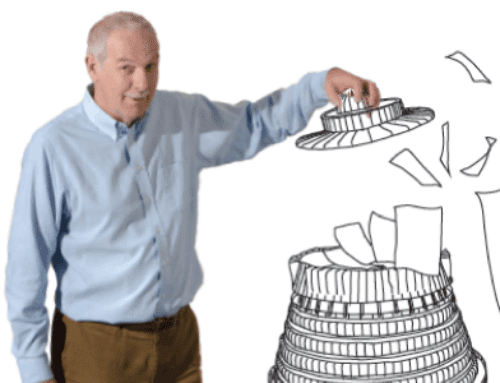
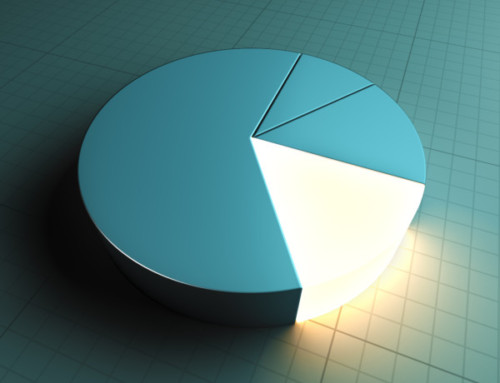
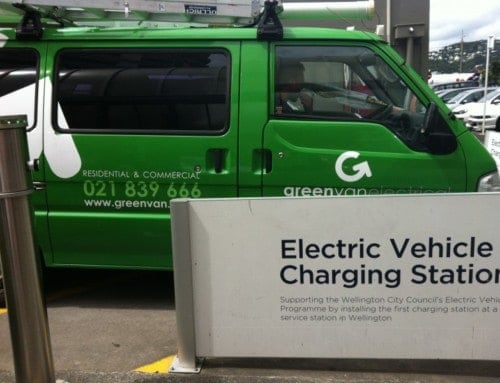
I couldn’t agree more with the message here: research into energy use is crucial to make our profligate use of energy and resources visible, and to enable change. The rise of industrial civilization has given us many wonderful things and discoveries, while also creating and normalising a global energy culture that is driving climate change. Thankfully, humans are wonderfully creative and inventive individuals and we have the capacity to do much better and could potentially do so much better quite simply.
We now know, thanks to research, that significant improvements in energy productivity in almost any sector are possible, whether it be switching to electric cars from internal combustion engines or building thermal comfort into a home. There’s no global consensus on limiting population, but generally it is assumed that population will peak somewhere around 9 billion, and quite possibly much earlier if we don’t reign in our emissions very soon. And there is plenty of existing mature technology to enable us to switch fuels, particularly in New Zealand, almost overnight, if we choose to. So, we can move away from a fossil fuel based society to one based on renewables with electricity as the primary medium.
The biggest challenge for research is our social arrangements (looking at how change happens, what ‘scale’ of human society or grouping works best, what vectors and actions are required, etc) and in understanding the change pathways to allow a revolution in energy culture.
I’m so impressed by the range of work coming out of Energy Cultures and look forward to more in this series!